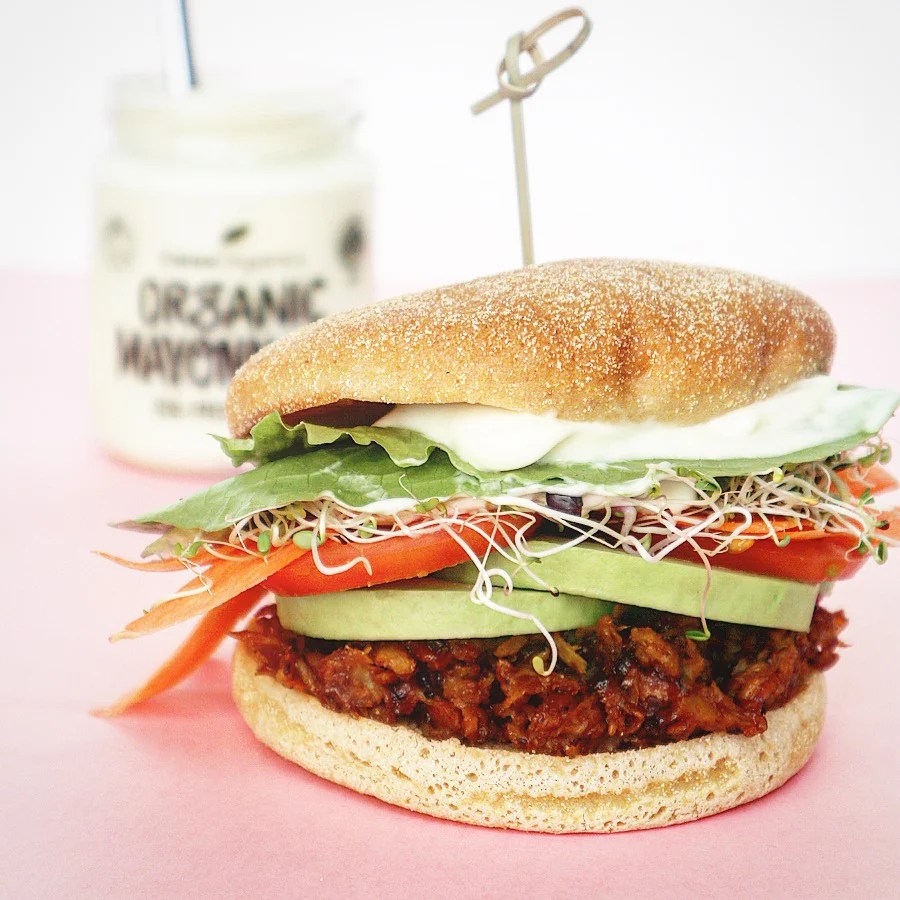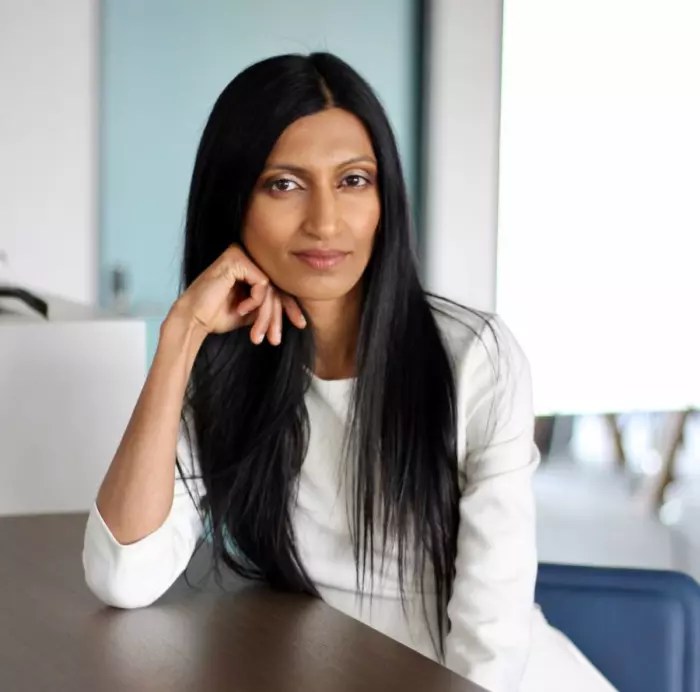New Zealand plant-based meat company Sunfed announced it will be shutting down its operations due to insufficient capital and investor departures.
Founded in 2015, Sunfed provided a range of meat alternatives using regenerative yellow peas, water, and cold-pressed extra virgin olive oil as its primary ingredients.
The news was revealed via a video posted on the company’s Facebook page in which founder and CEO Shama Sukul Lee explains the background behind the closure.
Lee said the company’s inventory in Australian Woolworths ran out in January and that its New Zealand inventory was projected to run out in the next two months.

According to Lee, the factors leading to Sunfed’s closure included the impacts of the pandemic, staff shortages, supply chain disruptions, and skyrocketing costs, all of which she said had left the company “pretty battered and bruised” and in need of a cash injection.
In 2016, Sunfed raised roughly $1.5M in seed funding followed by a $10M Series A raise in 2018 to fund its expansion into Australia. As of the end of last month, the company’s valuation had been reported in the media as being reduced to zero by its lead investor, Blackbird Ventures.

Lee attributed the investor pullout to the “plant-based bubble”, saying that VCs that had expected fast returns had eventually discovered that manufacturing was “a lot more complex” than their “virtual” portfolio. She added that Sunfed’s VC investors had “held on to their preferential claims, which complicated new capital options for the company.”
A report from the Sydney Morning Herald last week described Sunfed’s valuation slash as a sign that Australia’s plant-based meat market might be in decline. Main Sequence Ventures – an investor in Australia plant-based brand V2food – told the Herald that while investors had miscalculated with regard to factors such as timing and consumer sentiment, V2food was still growing its revenue by 6% per year.
“I don’t think the consumer market is there yet,” Main Sequence partner Phil Morle said. “So, now what you’re seeing is the consolidation happen. There were hundreds of products that appeared over the past couple of years, which in the end weren’t great food companies. They’re starting to fall away and the products that are ultimately food that people like to eat, they’ve continued to grow.”
Morle added that the need to double food production to feed a growing global population also gave the VC confidence in the sector.
To stay up-to-date on the latest industry headlines, sign up to Future Alternative’s enewsletter.
Posted on:


